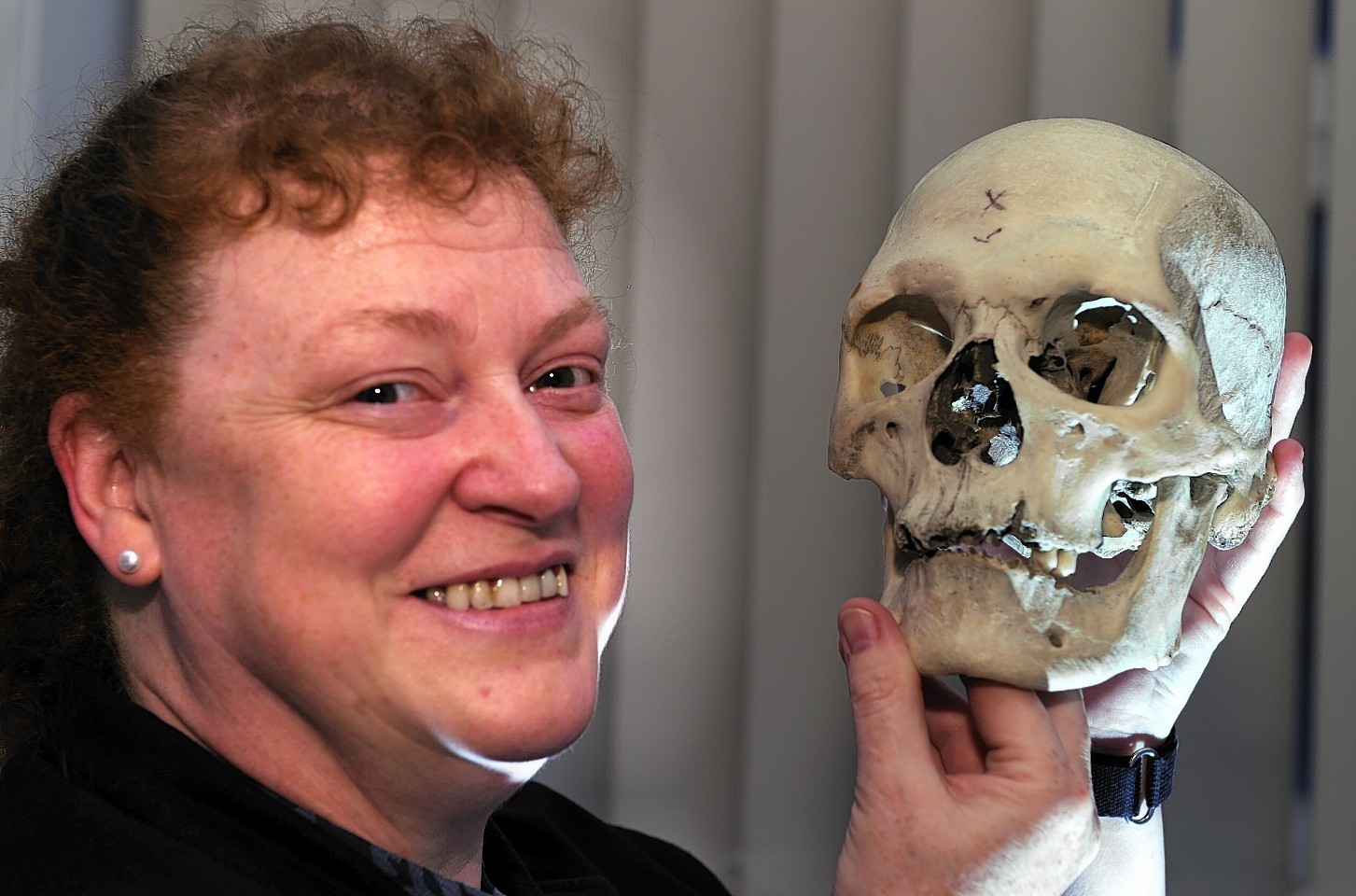The Highland pathologist who helped reinvestigate the unsolved murders of Renee MacRae and her son Andrew has been honoured for her contribution to Scottish culture.
Professor Sue Black has been named as one of this year’s winners of the prestigious Saltire Society’s Andrew Fletcher of Saltoun Award.
Prof Black, who was born and educated in Inverness, was recognised in the science category.
She is now one of the UK’s leading forensic anthropologists, using her skills to identify remains throughout the world at crime scenes and natural disasters.
She is also director of Dundee University’s Centre for Anatomy and Human Identification and has recently been appointed deputy principal for public engagement.
The professor said: “It is both an honour and a privilege to be selected as a recipient for this award, particularly when I see the calibre of fellow recipients past and present.”
Professor Black helped the authorities in Thailand after the devastating tsunami and in New Orleans in the aftermath of Hurricane Katrina.
One of her grimmest tasks was investigating mass graves following the war in Kosovo, which included unearthing the bodies of many babies.
Closer to home, she was involved in the unsolved murders of Inverness woman Renee MacRae and her son Andrew when she assisted during a dig at Dalmagarry Quarry in 2004.
Mrs MacRae, 36, and three-year-old Andrew disappeared in November, 1976. Her car was found burned out in a lay-by on the A9, south of Inverness.
Their bodies have never been found.
The other two recipients of the Andrew Fletcher of Saltoun Award this year were Olympic cyclist Sir Chris Hoy, who was named as winner of the public life category, and celebrated academic Dr Ann Matheson, who was honoured in the arts and humanities category.
Convener of the Saltire Society, David Ward, said: “We are thrilled to have been able to award one of our most prestigious accolades to three undisputable ambassadors of Scottish culture.”
